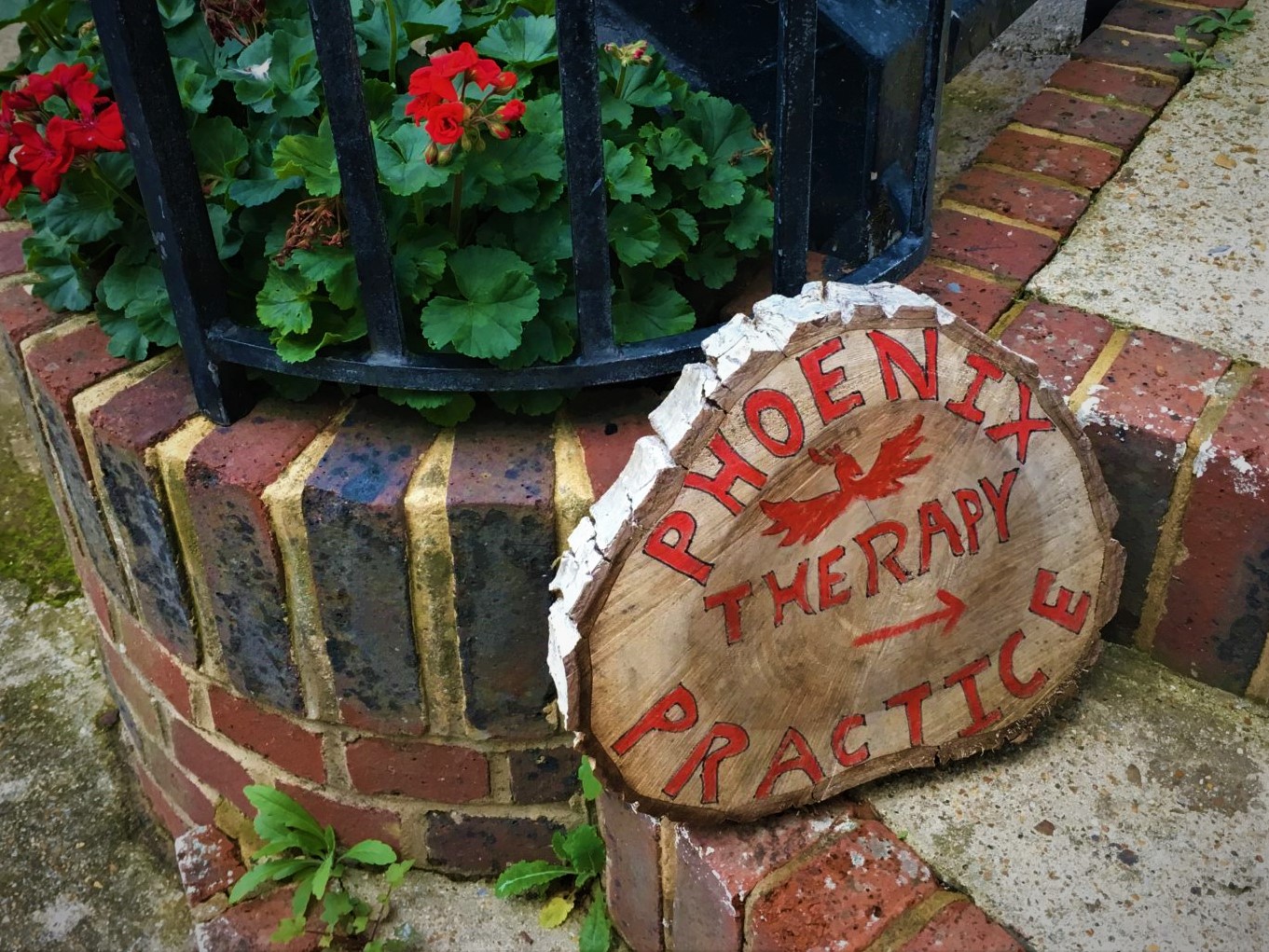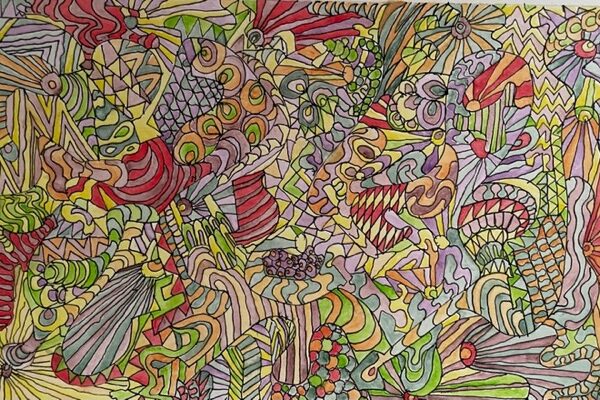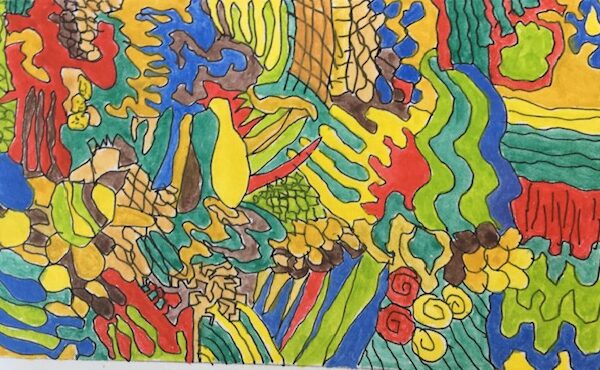What does that mean in these troubled times?
How are you feeling at this moment?
How has your life changed in the past months?
The stress and trauma associated with Covid19 and its effects have been enormous. Initially, we had the lockdown in the UK where, for the first time ever, our freedom of movement was restricted. This created a sense of claustrophobia and entrapment for many, as well as increasing fear, isolation and anxiety. Nobody knew what was safe and what was unsafe. We all had to keep other people at a distance, including members of our own families. We became a little more paranoid, and a little more obsessive about what we needed to do to keep the germs at bay. We ended up holding our breath – waiting to be released from the lockdown and waiting to be told that it was safe once again to get on with our ordinary lives and breathe in close proximity to others without fear of being infected.
Then the restrictions were released, and we began to breathe more freely. Literally and metaphorically. But the uncertainty still prevailed. Nobody knew how long we could guarantee our freedom and how soon the long talked about second wave would emerge. It felt like a time of transition, a pupa emerging from a chrysalis, slowly poking our heads out, but not knowing what we would find and how safe we were. Encouraged to go back to work, to eat out to help out, and get back to normal life. But with each outward step came warnings and signs that the virus was still lurking.
So here we are, in that second wave already and winter has hardly begun. I know many people who are dreading a long cold season of restriction and isolation with little hope of cheer and companionable connections with friends and/or family. Many people feel very vulnerable indeed and do not know how they are going to cope.
The stressful times have served to lessen much of our resilience and to increase mental distress and ill health. Young people have had their lives turned upside down, and, at a time when their path to the future should have been clear and encouraging, they have had the rug pulled from beneath their feet. Schools cancelled, exams stopped, universities restricted, job prospects dwindling to almost nothing. I have heard of young people who had been planning to travel the world, no longer able to do that, lying in their beds with seemingly nothing to draw them out on a day to day basis. Others having been offered apprenticeship schemes only to find them withdrawn in the next breath, at a complete loss.
And then, at the other end of the spectrum, older people living with a much greater threat of death at the hands of Covid, being encouraged to endlessly shield themselves. As if the choice is to die or be stuck inside an isolated box for the rest of life. Or at least until the longed -for vaccine arrives.
For people who are living with mental health problems on an ongoing basis, the current threat that we are all experiencing is something that they know about. For vulnerable people who have been traumatised in the past, the world has never been a safe place, and getting close to people and connecting has been fraught with difficulties. We now see more of what it is like to live with their sense of dread, despair, depression, anxiety and insecurity.
So what can we do for World Mental Health Day? What can we say to help make the best of a bad situation and improve the daily lives of so many of us?
First of all, I think it is important to say that we all need to take care of our mental health. Think about what we are feeling, give voice to it, let someone else know. There is no stigma in admitting that you feel scared, vulnerable, depressed or angry. This is not the time for the stiff British upper lip. Then, also, listen to what others are feeling. We can find out how much we share with each other in our distress and uncertainty. No one has the answers, no matter how much they might try to persuade us that they do. We are not alone in not knowing and feeling insecure in that uncertainty. If we let ourselves listen and be heard we might find that witnessing and being witnessed can be enormously supportive.
Reach out to others even when it seems as if there is no one available to reach out to. Support groups, befrienders and social networks are available if we can take the step to poke our heads out of the space that we are hiding in. It can be really hard to feel connected when it feels unsafe to go and meet people, but there are other options. No Internet? Try the phone.
And then, maybe, mindfully, try to take one day at a time, and as much as possible staying in the moment of appreciation of the small things that are. This morning I walked out to see a beautiful dawn with the mist lying on the ground and the sun threading its way through trees and houses. I picked some mushrooms and felt connected to the earth for that moment, and less despairing.
Phoenix Therapy Practice is a Sussex based not for profit organisation offering free and low -cost counselling and therapy. At the moment this is mainly online or by phone. We are interested in connecting with those who particularly feel disconnected during these troubled times. We would like to connect with people who feel marginalised and under -represented and who feel that their voices cannot be heard. You know who you are. We are here, and we will listen.
Dr Eva Coleman, Director






